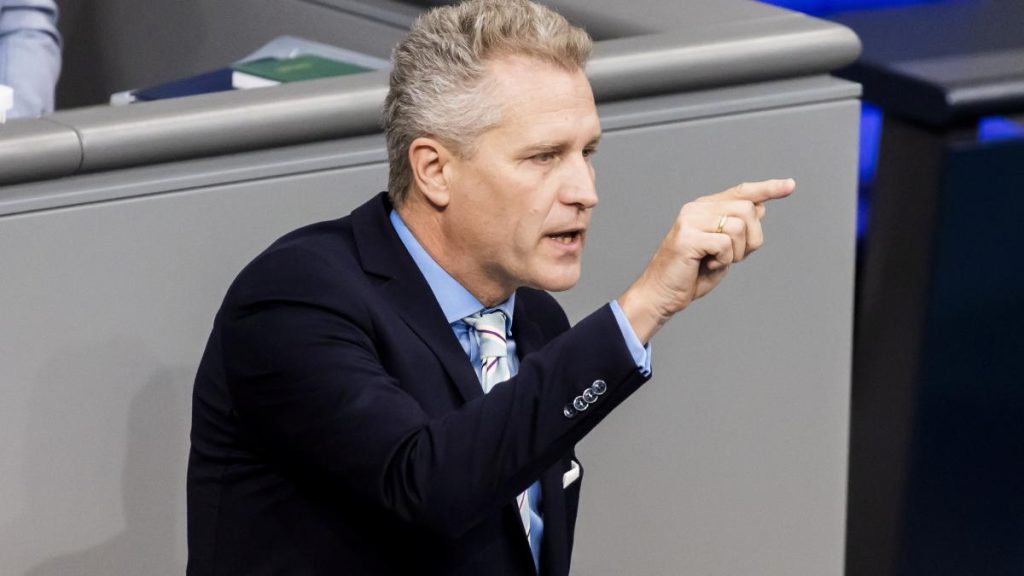The General Prosecutor’s Office in Munich is investigating Petr Bystron for suspected corruption and money laundering. During a search of his residence in Berlin, police found serial numbers of gold bars and bank statements from foreign accounts. Bystron claims that the majority of the items belong to his mother and he is keeping them as her guardian. He explained that his mother owned a dental clinic in Switzerland for many years and acquired everything legally. He also stated that the Czech account belongs to him and all transactions are transparent and reported to both Czech and German tax authorities.
The investigations against Bystron are based on suspicions of corruption and money laundering, which led to the lifting of his immunity by the Bundestag. According to documents provided by Bystron to WELT, he is suspected of receiving cash or cryptocurrencies from the operator of a pro-Russian website in exchange for supporting Russian interests in the German Bundestag. The documents also accuse Bystron of receiving at least 34,850 euros in cash in March 2023 or around that time. Bystron denies these allegations, stating that they are part of a defamation campaign ahead of the EU elections aimed at tarnishing those who oppose the continuation of the war in Ukraine and further weapon deliveries.
The suspicion against Bystron is based on previous investigations, including press coverage, financial analysis, and voting patterns in the German Bundestag since early 2022. Bystron refuted the allegations, calling them nonsense and part of a misinformation campaign. He dismissed the idea that he would accept money to support Russian interests in parliament and criticized the accusations as unfounded. Bystron’s case highlights the ongoing political tensions in Germany and Europe, as well as the increasing scrutiny of politicians’ financial activities and ties to foreign entities.
The allegations against Bystron raise questions about the integrity of political figures and their connections to external interests. As investigations continue, the public is keen to see transparency and accountability in the political sphere. Bystron’s case serves as a reminder of the importance of ethical conduct and adherence to legal standards by elected representatives. The outcome of the investigations will shed light on the extent of potential corruption and money laundering within the political landscape in Germany and beyond.
As Bystron continues to deny the allegations and defend his actions, the investigation into his financial activities will likely uncover more details about his dealings and any potential misconduct. The case has sparked debate about the role of politicians in representing the interests of their constituents versus those of foreign entities. The outcome of the investigation will have implications for the future of Bystron’s political career and the broader implications for the AfD party as a whole. The public will be watching closely as the case unfolds and the truth behind the allegations is revealed.


